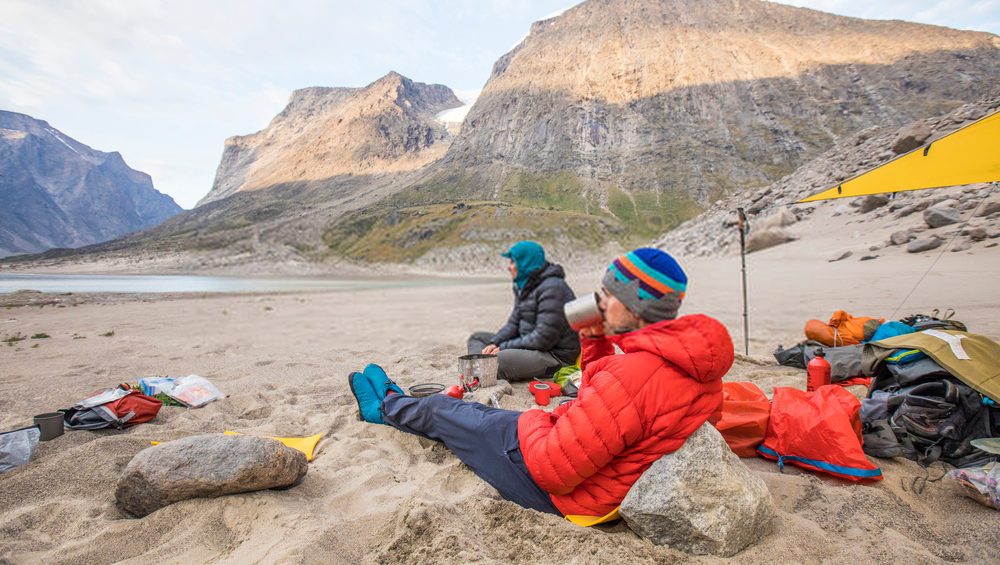If there is one thing I love just as much as traveling, it’s eating! I think that if the world would ever run out of air, I’d still be able to survive just on food. But do you know what aspect I love about food and travel? When they both go together. But sadly, this desire is often not fulfilled. Trekking is a high-calorie-consuming activity — that’s a no-brainer.
Eating meals on treks is a challenge to many. Your body works out so much that you are tempted to gorge on all the food available. Yet, over-eating could work against you while trekking and halt you down mid-way. Our bodies often get overwhelmed with the amount of exercise that it suddenly encounters and after these arduous treks, we usually end up eating more than what is required.
The secret behind a successful trek is based on the right kind of calories intake. One needs to consume the right amount of carbohydrates, proteins, fibers, and fats. We usually succumb to eating oily, greasy, and unhealthy food during these climbs due to the shortage of basic amenities at these heights.
So how do we decide what’s good for you and what’s not, when you don’t even have access to basic foods? Here is a list of good food habits that you can follow while you are on a trek.
- Stick to a healthy and organic diet: To maintain a healthy and organic diet at these heights seems like an impossible task, but over the years due to the influx of instant foods, this has now become a reality. The only sad part is these instant foods are loaded with preservatives and are in no way organic. Nothing to worry about here, Organic Roots provides you with a long list of organic and instant foods that can fulfill your food desires at these greater heights. Imagine eating homelike khichdi rice at 10,000 feet. Doesn’t it feel great?
- Eat a healthy wholesome breakfast: Breakfast is by far the most important meal of the day. And if you are on a trek, it gets even more important. A good breakfast can set you up for the day, whereas a bad one can easily halt up your climb. Avoid early morning caffeine cravings, they lead to dehydration. Indulge in an easy-to-digest, high fiber-based meal.
- Drink at least 6 liters of water: Your water intake is the most important thing on which your trek depends. The last thing you want while on a trek is to get dehydrated and depend on somebody else to get down to the hospital. The right amount of water intake will prevent muscle cramps and of course, don’t we read the statement ‘drink 8-12 glasses of water daily’ almost every day on the internet?
Most of us lead a lifestyle that lacks physical activity and a healthy diet. Such habits lead to difficulties at high altitudes. Want a good Himalayan trek experience? Try to reform your meal plan and the result is hands down – amazing!

